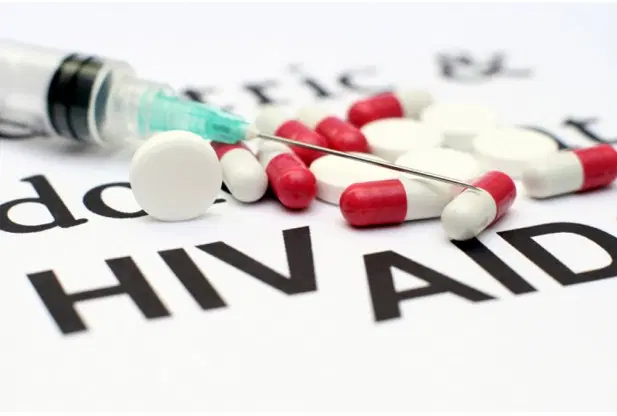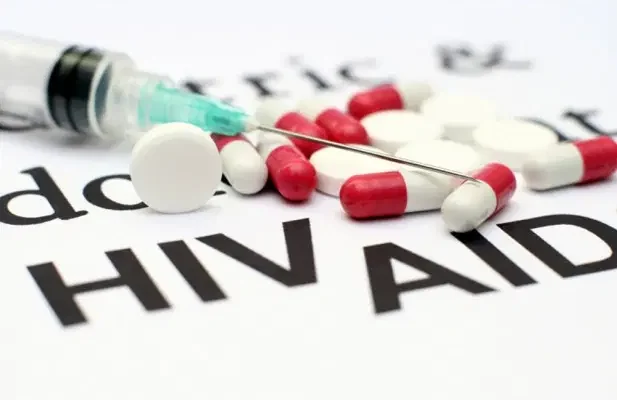
The world could see a dramatic surge in HIV infections and AIDS-related deaths if the United States halts funding for the world’s largest HIV/AIDS program, Winnie Byanyima, Executive Director of UNAIDS, has warned.
Speaking to the Associated Press (AP) from Uganda, Byanyima highlighted that global HIV infections have significantly declined, with 1.3 million cases recorded in 2023—a 60% drop since 1995. However, she cautioned that this progress is at risk following former U.S. President Donald Trump’s announcement of a 90-day freeze on foreign aid.
UNAIDS estimates suggest that by 2029, new infections could skyrocket to 8.7 million, while AIDS-related deaths might surge to 6.3 million. Additionally, 3.4 million children could be orphaned if the funding freeze persists.
“This will cost lives if the American government doesn’t change its mind and maintain its leadership,” Byanyima warned.
A Devastating Impact on Africa
The United States has been the largest contributor to global HIV programs, with external funding covering up to 90% of HIV/AIDS response efforts in some nations. Byanyima noted that nearly $400 million in U.S. aid supports critical programs in Uganda, Mozambique, and Tanzania.
The sudden funding freeze has already caused “panic, fear, and confusion” in heavily affected countries, she said, citing Kenya, where 550 HIV workers were immediately laid off, and Ethiopia, where thousands lost their jobs, hampering epidemic control efforts.
A Setback for Groundbreaking HIV Prevention
The funding cut comes at a pivotal moment, as a new HIV prevention method—lenacapavir—becomes available. Developed by U.S. pharmaceutical giant Gilead and marketed as Sunlenca, the twice-yearly injection offers near-complete protection against HIV, raising hopes of ending the epidemic within five years.
“International aid helped an American company innovate, but now the funding freeze threatens to take away lifesaving tools from those who need them the most. This decision doesn’t make economic sense,” Byanyima said.
A Call for Urgent Action
Byanyima urged Washington to reconsider its stance and suggested a gradual reduction in aid instead of an abrupt cut. She also plans to visit European capitals to seek support, as no other donor nations have yet stepped in to fill the gap.
“People are going to die because lifesaving tools have been taken away. I know European countries care about human rights and humanity, but so far, I have not heard of any commitments to replace this funding,” she said.
Foreign aid accounts for less than 1% of the U.S. budget, raising questions about the necessity of such a disruptive policy shift.
As the world inches closer to potentially eradicating HIV, experts fear the funding freeze could undo decades of progress—leaving millions vulnerable in its wake.

Comments